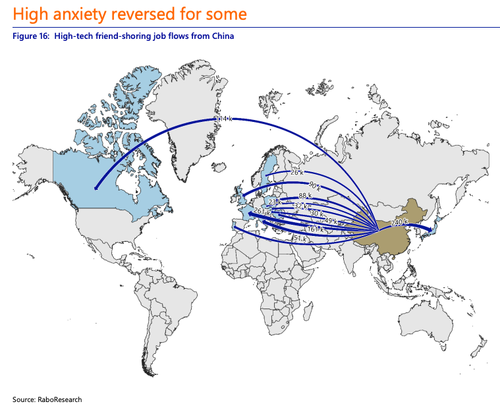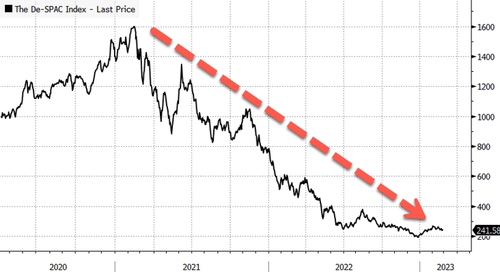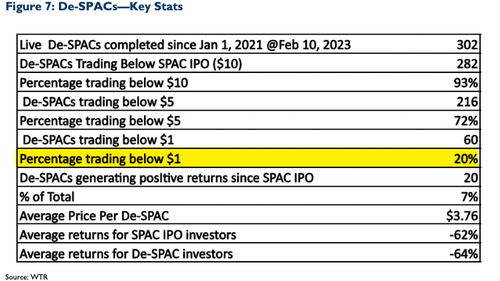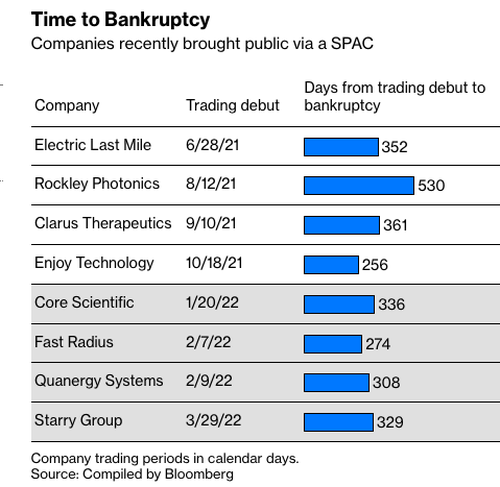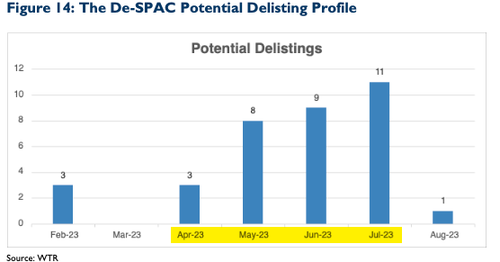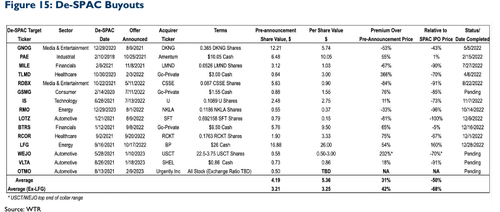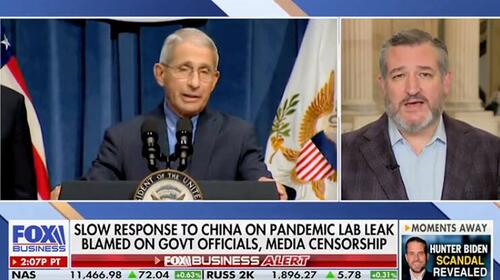Authored by Jill McLaughlin via The Epoch Times,
Californians might have to choose between higher gas prices or scaling back its climate agenda, state regulators told legislators last week at a special state Senate hearing on a proposed oil industry windfall profits penalty.
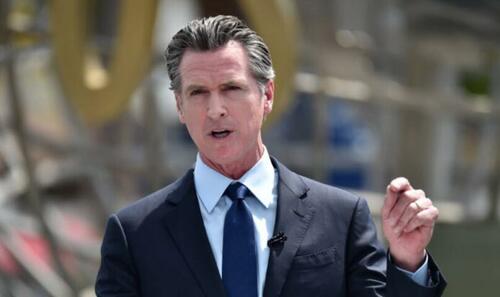
Gov. Gavin Newsom called the special session of the Legislature Feb. 22 to consider imposing penalties on oil companies to restrict them from making excessive profits in the state.
During the hearing, state regulators were not able to explain why gas prices spiked last year, which caused some residents to pay up to $8 a gallon, but said the state’s environmental laws contributed to the high prices.
“It may be California’s aggressive take on environmental protection and other things,” said Nicolas Maduros, director of the California Department of Tax and Fee Administration.
“You all have to make some tough decisions about what direction the state goes and there are trade-offs.”
State Sen. Steven Bradford, a Democrat from Gardena and chair of the Committee on Energy, Utilities, and Communications, said many factors were to blame.
“There’s been a lot of finger-pointing among stakeholders,” he said.
“Some say its standards for refineries, or raising prices. Others say it’s the gas retailers. Others are blaming the state’s taxes and environmental policies. I believe that it’s all of the above.”
The committee must be strong advocates for every Californian who still needs reliable and affordable gasoline and ensure greater transparency in the marketplace, he said.
“Any proposal must shine more light on the process, bring relief at the pump, and, most importantly, not make the situation worse,” Bradford said.
To stop gas prices from spiking, the governor wants to set a maximum margin of profit for refiners and impose a price-gouging penalty if it’s exceeded.
The penalty would encourage refiners to produce more gasoline instead, to boost profits, according to the California Energy Commission.
California’s supply of gasoline dropped dramatically last year as some refiners were shut down for maintenance, adding to the price spike. The state’s gas production in 2022 was reduced by 88,000 barrels per day—equal to a midsized refinery’s output—compared to the prior year, according to David Hackett of Stillwater Associates, a transportation fuels consulting firm in Irvine.
The war in the Ukraine and COVID-19 shutdowns also contributed to higher prices, Hackett said.
The Western States Petroleum Association’s president Catherine Reheis-Boyd said the penalty would have severe consequences on market prices.
“The bill is unnecessary,” she said.
“It puts further strain on the fuel markets. The amount of gasoline may be reduced.”
It would also cut union jobs and tax revenue for schools and local government, she said.
The California Chamber of Commerce also opposed the bill.
“We are particularly concerned about the precedent that the windfall profits penalty will set for the larger business community,” Chamber Chair Gregory Bielli said.
“There’s a genuine concern that this basically establishes a playbook that the Legislature will use to determine what the reasonable profit to do business in California.”
During the hearing, it became clear that state senators on both sides of the aisle were concerned about how such a penalty could ultimately impact lower-income residents.
“As outraged as we all are about what’s happened to the lowest in our respective districts, what the hell are the unintended consequences?” asked state Sen. Bill Dodd, a Democrat from Napa.
“They could hurt those very people to a greater extent.”
Other market conditions in the state could also have contributed to last year’s price spikes, according to Severin Borenstein, an economics professor and energy expert at the University of California–Berkeley.
Often referred to as a “gasoline island,” California is cut off from oil supplies east of the Rockies because of a lack of pipelines. Most of the oil used by residents is produced by five companies operating 11 in-state refineries.
This creates a less-competitive market, and fewer gas stations, he said. Some cities also banned construction of new gas stations last year.
“The problem is real scarcity,” Borenstein said.
“The penalty or tax can allow the government to claw back some profits from high prices, but it can also disrupt the market. And for that reason, I think we have to be cautious in our use of it.”
Some legislators also said they were also concerned about creating higher prices with the penalty.
Other attempts to curb oil industry profits in the past have failed.
In 1980, President Jimmy Carter imposed a windfall profits tax after Congress lifted price controls on domestically produced oil. The tax was economically devastating and increased dependency on foreign oil before it was repealed in 1988.
Alaska also tried implementing a similar tax in 2006 that brought in billions for the state but oil drilling and investment decreased.
“The Governor’s faulty policy experiment, while vague in details, has been tried before and failed,” said Assemblyman Vine Fong, a Republican from the Central Valley. “It didn’t work then, and it won’t work now. Governor Newsom’s flawed proposal will actually lead to higher prices and energy supply shortages.”
…
The price per gallon for gas in California continued to tick up this week, reaching an average of $4.76 Feb. 26, according to the Automobile Club of Southern California. That was about $1.39 more than the national average and about 3 cents more than last week.
Read more here…




